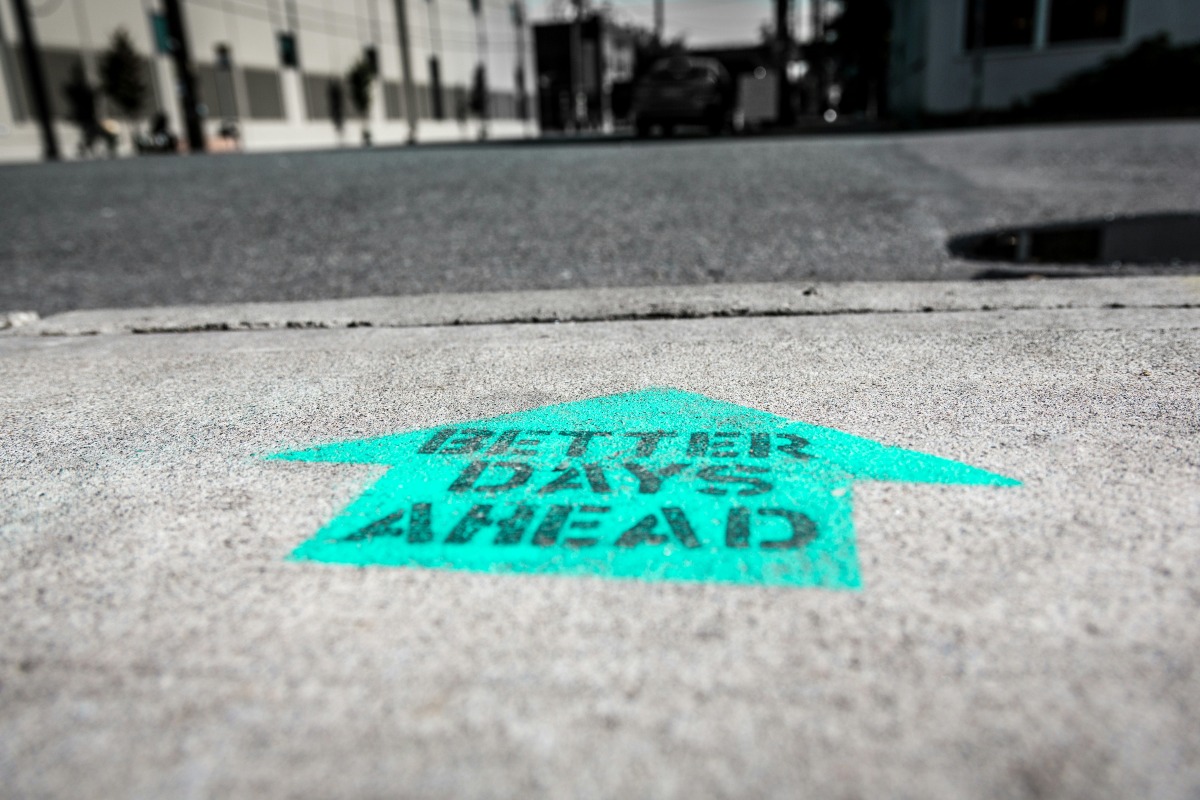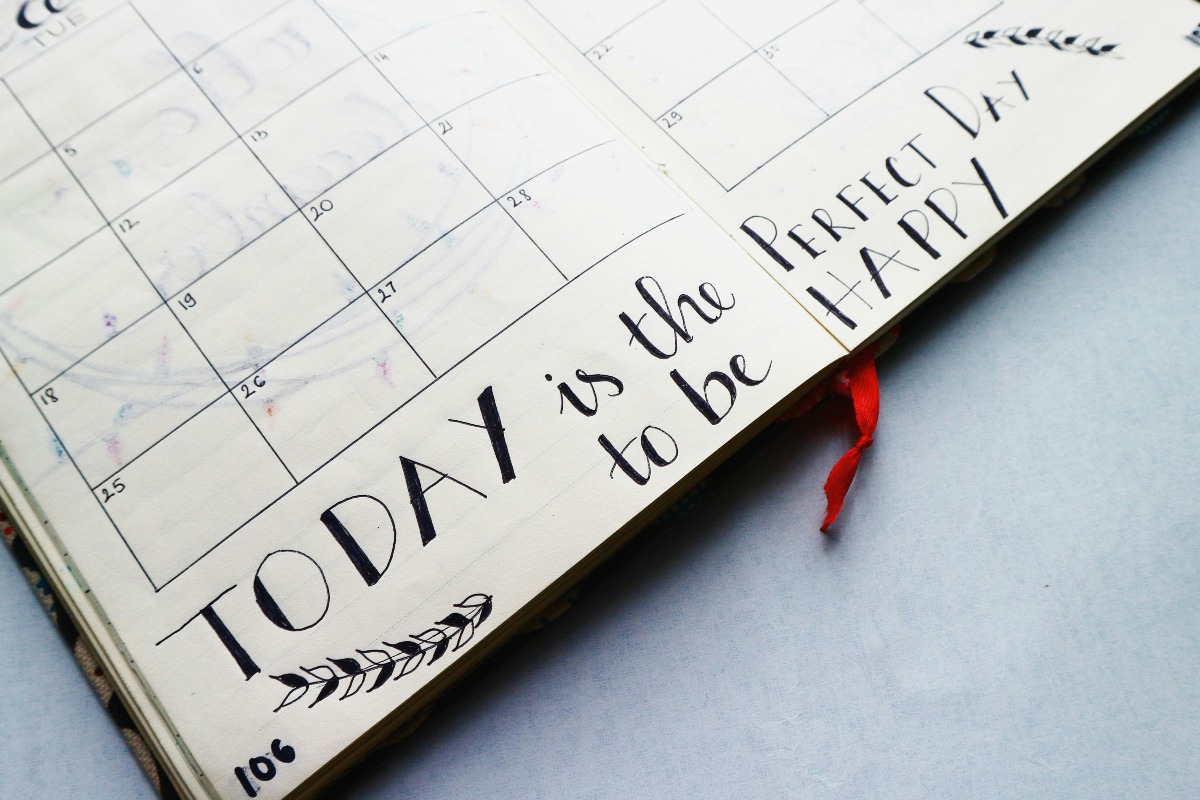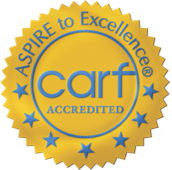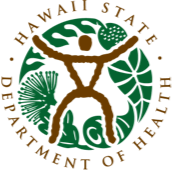Parenting is one of life’s greatest joys as well as one of life’s greatest responsibilities. When you are preparing to bring a newborn home, the idea of having to discuss the possible dangers of alcohol and drug abuse is typically not in the forefront of your mind.
However, according to the U.S. Department of Health and Human Services, most preschoolers have already witnessed the use of alcohol or tobacco, so parents would be wise to start these discussions early. Plus, according to the National Council on Alcoholism and Drug Dependence, teens are 50% less likely to use drugs if their parents discuss drug abuse regularly.
Wherever you are in your parenting journey, it’s not too early nor too late to talk to your kids about drugs and alcohol. Read on to learn more about preparing to have these conversations.
Looking for Teachable Moments with Your Kids
The first step in talking to your kids about drugs and alcohol is to look for teachable moments. These will vary depending upon the age of your kids. Whether you’re aware of it or not, preschoolers often see alcohol or tobacco on a daily basis, whether on TV, in a restaurant, or passing by someone on the street. Use these opportunities to discuss the harmful effects of these substances and lay a foundation for future discussions.
As your children get older, take time to listen and answer any questions they may have about drugs or alcohol. Initiate conversations about how they feel about the effects of alcohol and drugs and how they can make wise choices. Driving your kids to ball practice or home from school provides great opportunities to have conversations without distractions.
By the time your kids are teens, they are very likely to have witnessed firsthand the effects of drugs and alcohol—perhaps their own family members or even friends are abusing alcohol. Discussing alcohol and drug related incidents and consequences that others have experienced opens the door to honest dialogue with your teen in a non-judgemental way.
Look for opportunities as often as you can; this is not a one-time discussion, but an ongoing conversation.
Providing Kids with Age-Appropriate Information on Drugs and Alcohol
Methods of approaching discussion about alcohol and drug abuse will vary greatly depending upon the age of your kids. When a preschooler is making healthy eating choices, you can use the opportunity to praise her for choosing food that makes her body strong and avoiding things that can make her body sick.
Once your child has started school, take opportunities to ask about things he sees on TV or in the movies. For example, ask if he knows what marijuana is and how it affects our bodies. Have frequent conversations about peer pressure and choosing friends who make wise decisions.
Once your child is a teen, there are countless opportunities for them to be exposed to alcohol and drugs. Continue to have conversations about drug and alcohol use at every opportunity and stay informed about trending drugs that may seem harmless but are actually very dangerous, such as Spice or K2 , Sizzurp, and even prescription medications such as Ritalin or Adderall.
Setting a Good Example and Firm Guidelines for Your Kids
Your kids are watching you and they care what you think. It’s important to set a good example and be honest about mistakes you may have made in the past. Setting clear boundaries from an early age lays the foundation for future expectations regarding drug and alcohol use.
Don’t assume your child will make the right decision if you haven’t communicated your expectations clearly and often. Be clear about rules and consequences, particularly as your child enters the teen years.
What to Do If Your Child Is Using Drugs and Alcohol
Sometimes parents do everything they can to talk to their kids and still see signs that a problem could be developing. Often there are underlying factors such as depression, anxiety, or a trauma they have experienced that they are attempting to self-treat with drugs or alcohol.
If you believe your teen may be using drugs or alcohol, you do not have to face it alone. Call us today at 877-721-3556












